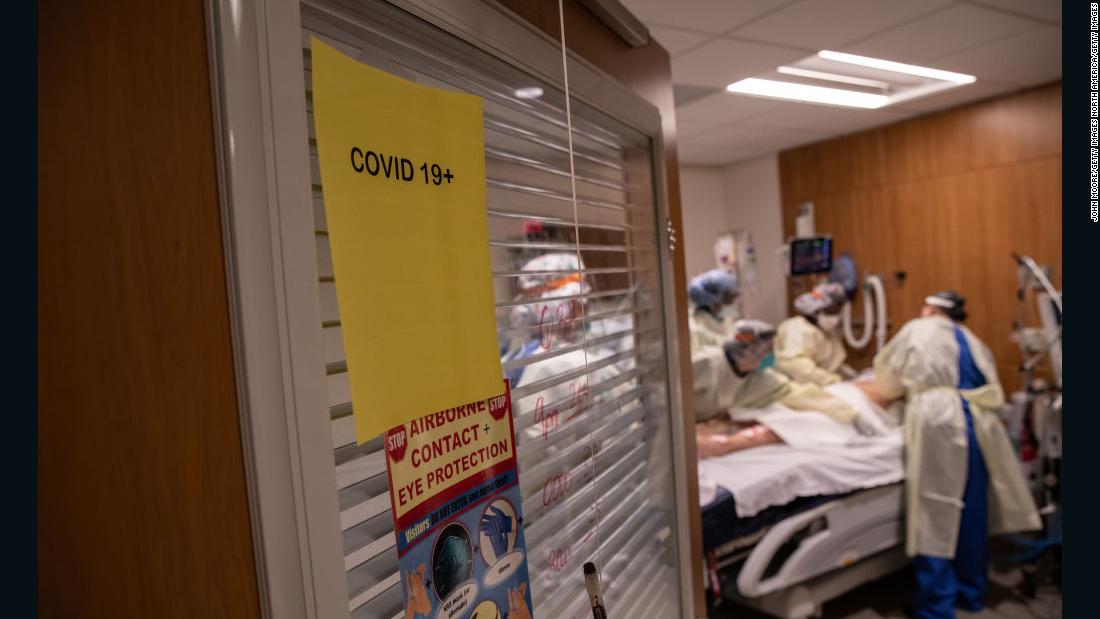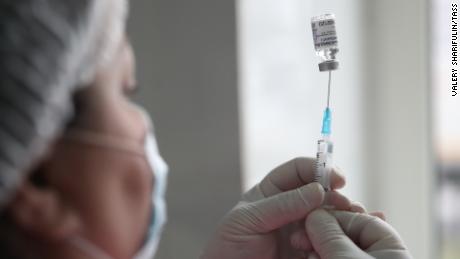But there is no reason to sit around and wait. Is there nothing to be done in the weeks before the Biden administration officially takes charge and launches a new — or rather the first — national strategy? There is an obvious crying need for additional public education about the dangers of the virus.
Health care systems “are verging on the edge of breaking,” Dr. Michael Osterholm, a member of President-elect Biden’s Covid-19 advisory council, said
in a podcast this month
quoted in The New York Times.
The public may not understand the magnitude of the crisis until “people are dying, sitting in chairs in waiting rooms in emergency rooms for 10 hours to get a bed, and they can’t find one, and then they die,” he said.
It is a crisis at a level that would have been incomprehensible for most people just a few months ago.
And yet it feels as if the country’s most influential institutions are paralyzed. There is no sense of urgency except in emergency rooms and among concerned citizens throughout the country. There have not been sufficient congressional hearings, press conferences by congressional leaders, briefings by the Centers for Disease Control or the National Institutes of Health, the publicly moribund White House Coronavirus Task Force or, of course, the generally absent President of the United States, who has for months limited the government’s public engagement around coronavirus issues. In the weeks leading up to the election, Dr. Anthony Fauci explained that requests to do shows were not always granted. He said that it was a “mixed bag,” and described the way requests were being handled as “
erratic.” Only recently, since the election, Fauci has been able to appear more regularly again on widely watched national television programs.
There are, of course, other officials and groups doing what they can to assist in the pandemic response. The
National Governors Association, for instance, has been working to coordinate some activities among the states. But there is so much more groups like this could be doing to address public concerns and public misinformation.
The governors, backed by leading public officials, could, for example, hold public sessions to consider effective contagion mitigation approaches or raise significant amounts of private sector money to expand tracing, along the lines of what Michael Bloomberg
has done in New York.
In New York City, teachers are using
crowdfunding techniques to raise money for air purifiers, an important need during the pandemic when many students are in the same classrooms all day. That’s just one example of an opportunity for more extensive private company partnership, where limited private sector investment could solve a significant problem in public education.
With the current administration seemingly uninterested in stepping up in the last few months of its term, what can and should the incoming Biden administration be doing as it prepares to take charge?
To be sure, the authority of a president-elect is limited and the actions of incoming presidents are carefully scrutinized with an eye toward overstepping proper bounds before Inauguration Day. President-elect Biden has established a pandemic transition group and a “seven-point
plan to beat Covid-19.” In addition, Biden
met with 10 governors on Nov. 19 to discuss planning and the needs of the state governments. But, from accounts of the meeting, the focus was on federal budgets and coordination after January 20 when Biden assumes office.
Why couldn’t Biden or members of his 16-member task force convene frequent public meetings of public health leaders, hospital executives, school administrators, governors, state health leaders and others to coordinate responses, share insights and potentially even share resources?
What about powerful organizations like the Bill and Melinda Gates Foundation and the Rockefeller Foundation, which have made important commitments to research with a goal of getting vaccines distributed worldwide? Are they utilizing their influence sufficiently? Could they and other foundations, educational institutions and private entities be convening leaders, doubling down on testing programs, producing public service commercials that urge mask use and other safe practices? The Gates Foundation, for example,
has devoted hundreds of millions of dollars to Covid-19 vaccine work — but there are other areas like public messaging that should be given priority as well.
Could there also be closer coordination among public school systems about virus policies so that the openings and closings of school systems happen with crisp communication among education leaders across the country? This won’t be supplied by the Trump administration’s Department of Education, but it might be helpful to convene experts and local and state leaders on a regular basis. What’s more, universities could be taking a much more aggressive leadership role in bringing educators together to address school opening and student health questions.
The many large national hospital organizations, while of course strained by their daily operational challenges could also be participants in more visible and sustained nationally coordinated public affairs and education efforts. Just two weeks ago
100 health systems, eight months into the pandemic, joined together to expand public information campaigns around mask wearing. Noble efforts to be sure, but perhaps too late to fully challenge the wave of anti-mask skeptics.
Undoubtedly, these organizations and government officials are already doing a great deal, many heroically. It’s challenging to keep up with the events of the day, let alone facilitate programs currently underway like the
Rockefeller Foundation‘s ambitious “National Covid-19 Testing Action Plan.”
It does feel, however, as if there’s no national sense of urgency even as the national situation grows more dire. For now, those focused most on talking to the public about the virus and acting to ease our national pain seem more focused on waiting for Inauguration Day than on the daily explosion of cases.
![]()






